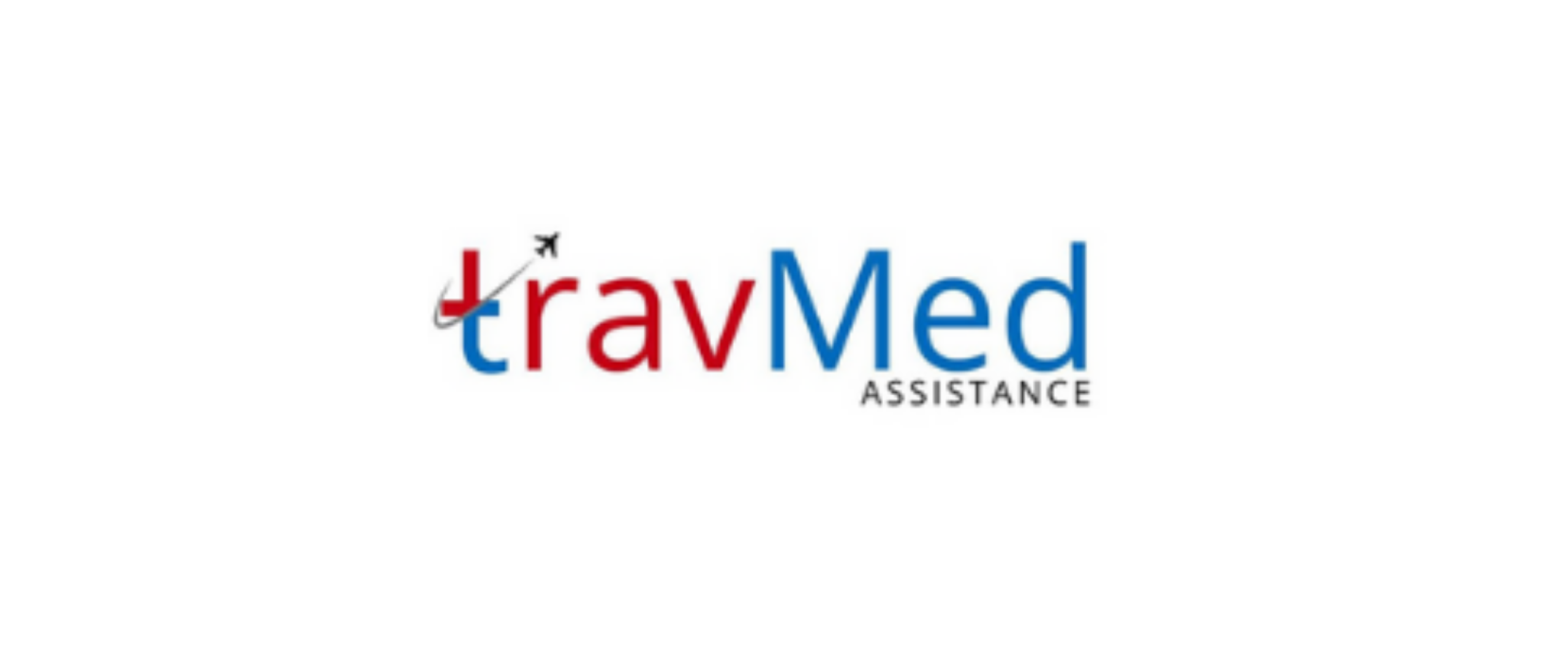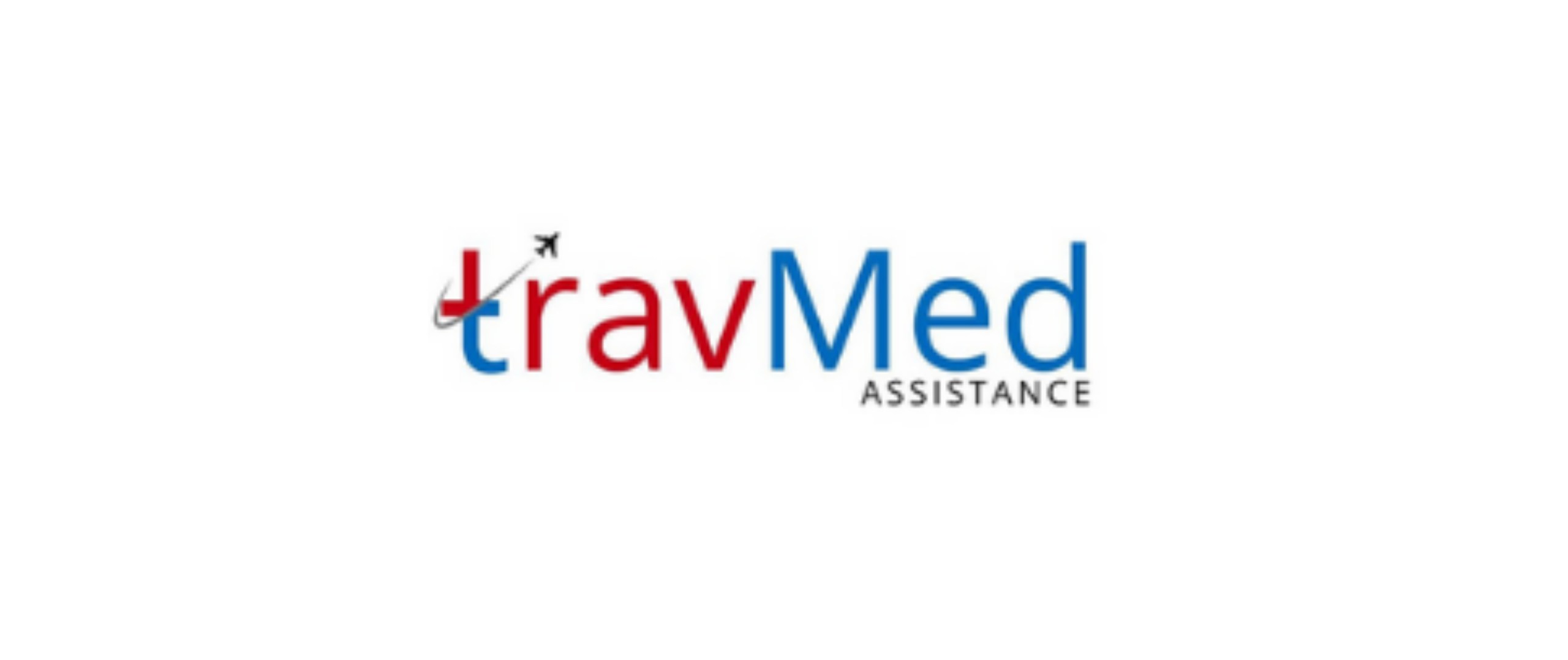
Fraud-free medical billing refers to the ethical and transparent process of charging patients for healthcare services without any intentional misrepresentation or deceit. In Nepal, this practice ensures that patients receive accurate bills reflecting only the services they actually received. Healthcare providers adhere to strict guidelines and regulations set by the government and medical associations to maintain integrity in their billing practices. This approach promotes trust between patients and healthcare facilities, reduces financial burdens on individuals and insurance companies, and contributes to the overall efficiency of the healthcare system. Fraud-free billing involves detailed documentation, proper coding of medical procedures, and regular audits to prevent errors or intentional overcharging.
Who ensures fraud-free billing in Nepal?
In Nepal, multiple entities work together to ensure fraud-free medical billing:
- Ministry of Health and Population
- Nepal Medical Council
- Nepal Medical Association
- Health Insurance Board
- Commission for the Investigation of Abuse of Authority (CIAA)
- Nepal Health Professional Council
- Hospital Management Committees
- Internal Audit Departments of Healthcare Facilities
- External Auditing Firms
- Patient Rights Advocacy Groups
These organizations collaborate to establish guidelines, conduct regular audits, investigate complaints, and enforce penalties for non-compliance. The Ministry of Health and Population sets overarching policies, while the Nepal Medical Council and Nepal Medical Association provide ethical guidelines for healthcare professionals. The Health Insurance Board monitors claims and billing practices for insured patients. The CIAA investigates cases of suspected fraud in public healthcare facilities.
How is medical billing monitored for fraud?
Medical billing in Nepal is monitored for fraud through a multi-layered approach:
- Regular internal audits by healthcare facilities
- External audits by independent firms
- Surprise inspections by regulatory bodies
- Analysis of billing patterns and trends
- Patient feedback and complaint systems
- Cross-verification with insurance claims
- Utilization of data analytics and AI for anomaly detection
- Mandatory reporting of suspicious activities
- Periodic review of billing practices by professional associations
- Collaboration with law enforcement agencies for investigations
Healthcare facilities are required to maintain detailed records of all services provided and charges billed. These records are subject to scrutiny by various regulatory bodies. Advanced software systems are increasingly being used to detect unusual billing patterns or discrepancies. Patients are encouraged to review their bills carefully and report any inconsistencies, contributing to the overall monitoring process.
What documents are needed for medical billing?
For accurate and fraud-free medical billing in Nepal, the following documents are typically required:
- Patient Registration Form
- Medical History Record
- Physician’s Notes and Orders
- Diagnostic Test Results
- Medication Administration Records
- Surgical Procedure Reports
- Anesthesia Records (if applicable)
- Nursing Notes
- Discharge Summary
- Itemized List of Services Provided
- Proof of Insurance Coverage (if applicable)
- Consent Forms for Procedures
- Referral Documents (if applicable)
- Medical Coding Sheets
- Billing Statements
These documents serve as a comprehensive record of the patient’s treatment and form the basis for accurate billing. They provide a clear trail of the services rendered, ensuring transparency and facilitating verification in case of any disputes. Healthcare providers are required to maintain these records for a specified period as per Nepalese healthcare regulations.
How much does fraud-free billing cost?
The cost of implementing fraud-free billing systems in Nepal varies depending on the size and type of healthcare facility. For small clinics, basic software and training may cost around NPR 50,000 to 200,000 annually. Larger hospitals might invest NPR 500,000 to 2,000,000 or more for comprehensive systems. These costs typically include:
- Billing software licenses
- Staff training programs
- Internal audit processes
- External auditing services
- Compliance consultations
- Data security measures
- Patient education materials
While these investments may seem significant, they often result in long-term savings by preventing costly fraud investigations, fines, and reputational damage. Many healthcare facilities in Nepal view these expenses as essential for maintaining trust and compliance with regulations. Patients generally do not bear direct costs for fraud-free billing measures, as these are considered operational expenses for healthcare providers.
How can I ensure accurate medical billing?
To ensure accurate medical billing in Nepal, follow these steps:
- Review your itemized bill carefully
- Compare the bill with your medical records
- Verify that all listed services were actually received
- Check for duplicate charges or incorrect dates
- Confirm that medication charges match prescriptions
- Ensure correct personal and insurance information
- Ask for explanations of any unfamiliar terms or codes
- Request a detailed breakdown of bundled services
- Compare charges with standard rates if available
- Keep all receipts and payment records
- Communicate promptly with the billing department about discrepancies
- Consider seeking assistance from patient advocacy groups
- File formal complaints with regulatory bodies if necessary
Patients should also maintain open communication with healthcare providers throughout their treatment to understand potential costs. Requesting cost estimates before procedures can help prevent surprises. Many hospitals in Nepal now offer patient portals where individuals can access their medical records and billing information, facilitating easier verification and dispute resolution.
How do fraud prevention measures work in billing?
Fraud prevention measures in medical billing in Nepal operate through a combination of technological solutions and administrative procedures:
- Automated claim verification systems
- Real-time eligibility checks for insurance
- Electronic health records for accurate service documentation
- Standardized coding practices to prevent upcoding
- Multi-level approval processes for high-value claims
- Regular staff training on ethical billing practices
- Implementation of whistleblower policies
- Separation of duties in billing departments
- Periodic internal and external audits
- Data analytics to identify unusual billing patterns
- Patient education programs on understanding medical bills
- Collaboration with insurance providers for claim verification
- Use of unique patient identifiers to prevent identity fraud
These measures create a robust framework that detects and prevents fraudulent activities at various stages of the billing process. Advanced software systems flag suspicious transactions for review, while administrative checks ensure compliance with established protocols. The integration of these measures helps maintain the integrity of medical billing in Nepalese healthcare facilities.
Are foreign patients protected from billing fraud?
Foreign patients in Nepal are protected from billing fraud through several mechanisms:
- International Patient Departments in major hospitals
- Transparent pricing policies for foreign patients
- Multilingual billing support services
- Compliance with international healthcare standards
- Partnerships with global insurance providers
- Dedicated customer service for addressing billing queries
- Option to pay in foreign currencies at official exchange rates
- Pre-treatment cost estimates in writing
- Access to patient advocacy services
- Ability to file complaints with Nepal Tourism Board
- Protection under consumer rights laws of Nepal
- Assistance from respective embassies or consulates
Many hospitals in Nepal that cater to international patients have adopted global best practices in billing transparency. They often provide detailed breakdowns of charges in English and offer assistance in understanding the local healthcare system. Foreign patients are advised to verify the accreditation status of healthcare facilities and seek recommendations from reliable sources before undergoing treatment in Nepal.
How reliable are medical billing providers in Nepal?
The reliability of medical billing providers in Nepal has improved significantly in recent years:
- Increasing adoption of computerized billing systems
- Implementation of standardized coding practices
- Regular audits by government and private agencies
- Growing competition encouraging better services
- Improved training programs for billing professionals
- Stricter regulations on healthcare billing practices
- Integration with international insurance networks
- Transparency initiatives by major healthcare facilities
- Establishment of dedicated billing departments
- Increased patient awareness leading to scrutiny
- Collaboration with global healthcare organizations
- Implementation of quality management systems
While challenges remain, particularly in rural areas, urban centers and major hospitals in Nepal generally maintain reliable billing practices. Patients are encouraged to choose accredited facilities and seek clarification on any billing concerns. The Nepal Medical Council and other regulatory bodies continue to work towards improving the overall reliability of medical billing across the country.
How do I report fraudulent billing in Nepal?
To report fraudulent medical billing in Nepal, follow these steps:
- Gather all relevant documents (bills, receipts, medical records)
- Document the specific instances of suspected fraud
- Contact the healthcare facility’s billing department for clarification
- If unresolved, file a written complaint with the hospital administration
- Submit a complaint to the Nepal Medical Council
- Report to the Health Insurance Board if insurance is involved
- File a case with the Consumer Protection Council
- Contact the Commission for the Investigation of Abuse of Authority for public hospitals
- Submit a report to the Ministry of Health and Population
- Consider filing a police report for severe cases
- Seek assistance from patient advocacy groups
- Use online complaint portals of regulatory bodies
- Inform your embassy if you’re a foreign patient
It’s crucial to maintain detailed records of all communications and follow up regularly on your complaint. Many regulatory bodies in Nepal now offer online platforms for easier reporting and tracking of complaints. Patients are protected from retaliation under Nepalese law when reporting suspected fraud in good faith.
Are services available online for billing verification?
Online services for medical billing verification in Nepal are increasingly available:
- Hospital patient portals for accessing billing information
- Online insurance claim verification systems
- E-government services for public hospital billing inquiries
- Mobile apps for health insurance policy management
- Telemedicine platforms with integrated billing features
- Online payment gateways with transaction histories
- Email-based billing support services
- Web-based complaint filing systems for billing disputes
- Social media channels for customer support
- Online appointment booking systems with cost estimates
- Digital health record platforms with billing integration
- Chatbots for basic billing inquiries on hospital websites
While not all healthcare facilities in Nepal offer comprehensive online verification services, major hospitals and insurance providers are rapidly adopting digital solutions. Patients are encouraged to inquire about available online services when seeking treatment. These digital tools enhance transparency and allow for quicker resolution of billing issues.
How are billing disputes handled in Nepal?
Billing disputes in Nepal’s healthcare system are handled through a structured process:
- Initial review by the hospital’s billing department
- Escalation to hospital administration if unresolved
- Mediation by patient relations officers
- Review by internal audit committees
- Involvement of external auditors if necessary
- Arbitration by professional medical associations
- Hearings conducted by consumer protection agencies
- Legal proceedings in consumer courts
- Investigation by regulatory bodies like Nepal Medical Council
- Resolution through insurance company intervention
- Appeals to the Ministry of Health and Population
- Final recourse through civil courts
Healthcare facilities in Nepal are required to have formal dispute resolution mechanisms in place. Many hospitals now employ dedicated patient advocates to assist in resolving billing conflicts. Patients are advised to maintain clear communication and documentation throughout the dispute process. In cases involving significant discrepancies, seeking legal counsel may be recommended. The goal is to reach a fair resolution while maintaining the integrity of the healthcare system.


